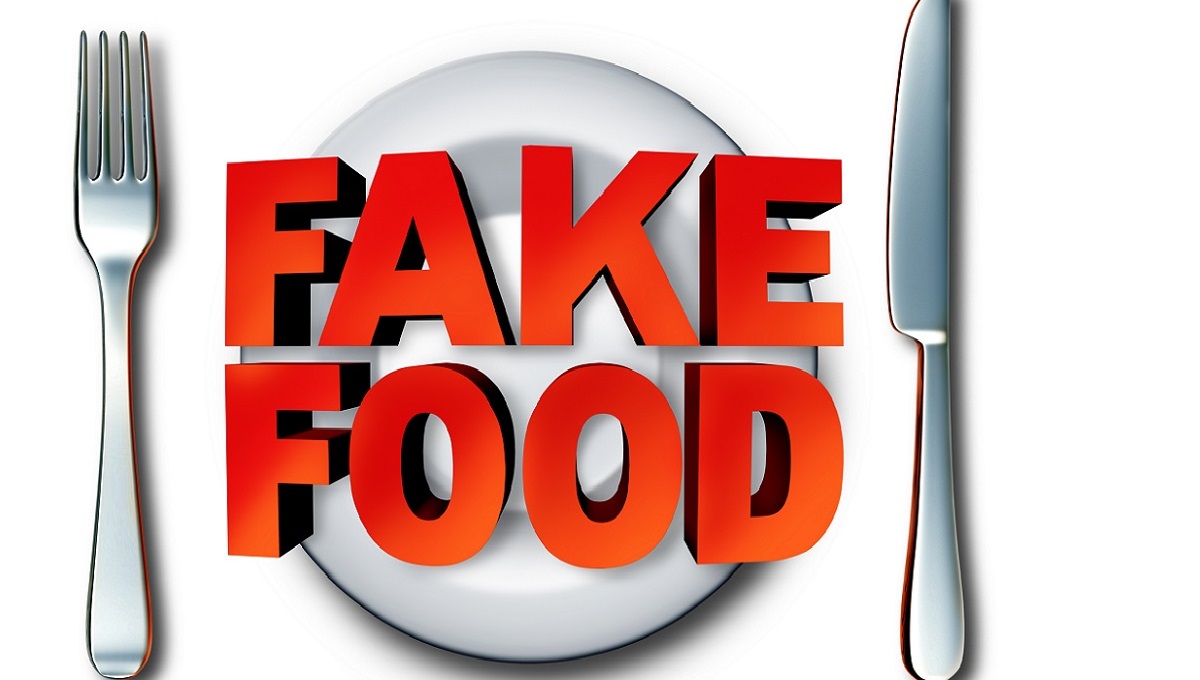The latest report on possible frauds and other non-compliances raised by EU member states features treatment of mineral water, traceability problems, and olive oil issues. The number of food and other fraud suspicions discussed by European countries declined in May. The 281 alerts are down from 341 in April, 345 in March, and 318 in February but are similar to the 277 in January.
The issues identified are potential frauds. Listed non-compliances may prompt investigations by authorities in EU member states. Details come from a monthly report published by the European Commission.

Data includes suspected cross-border fraud topics shared between members of the Alert and Cooperation Network (ACN) and retrieved from the Rapid Alert System for Food and Feed (RASFF), Administrative Assistance and Cooperation Network (AAC) and the Agri-Food Fraud Network (FFN). It covers food, animal feed, food contact materials, animal welfare for farmed animals, plant protection products, and veterinary medicine products that end up as residues and contaminants in food and feed. The aims are to assist national authorities in setting up risk-based controls to combat fraudulent and deceptive practices, help the food sector with vulnerability assessments, and identify emerging risks.
Summary of selected cases In total, 89 notices mentioned fruit and vegetables. Dietetic foods, supplements, and fortified foods were in second place with 44 alerts, followed by cereals and bakery products with 24 notices. .























